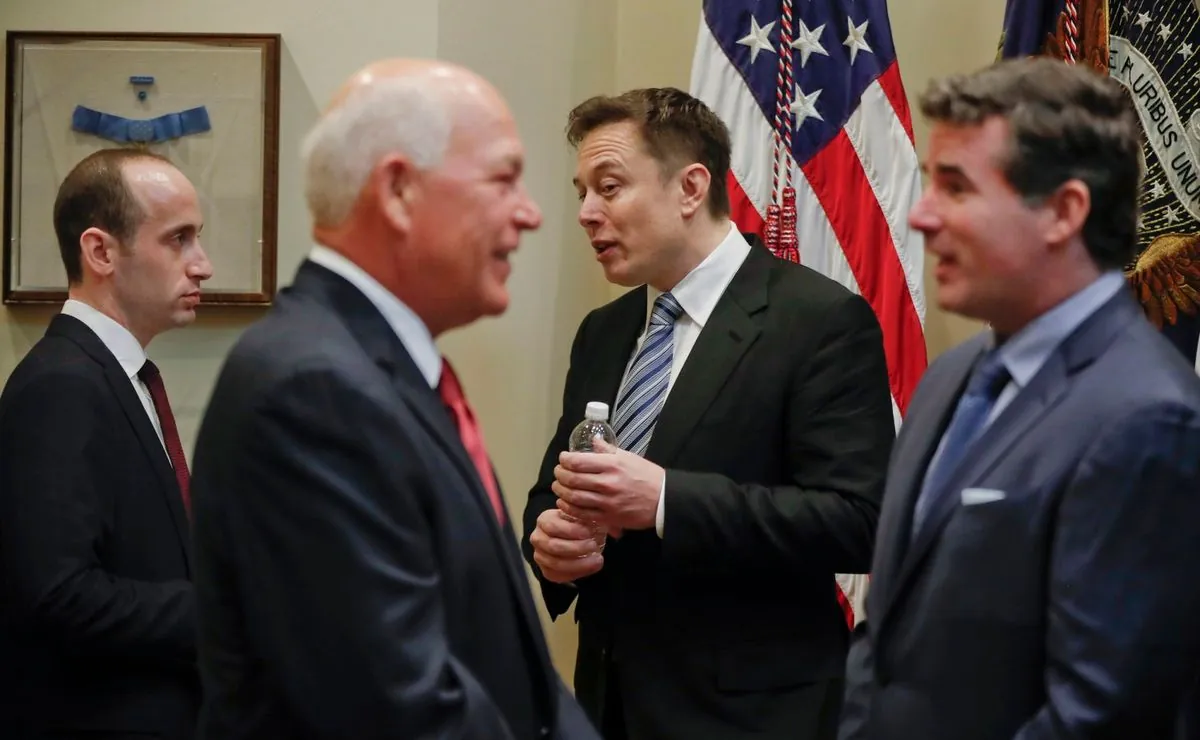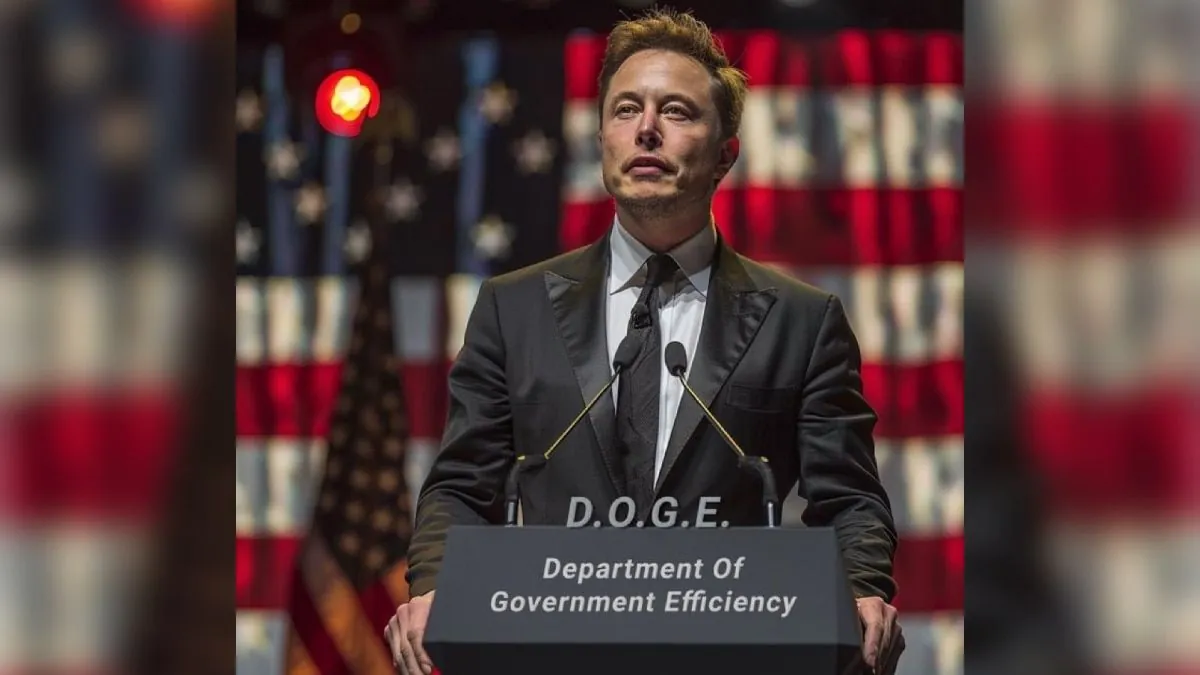Trump Considers Musk for Government Efficiency Commission, Sparking Debate
Former President Trump explores creating a commission to cut government programs, with Elon Musk expressing interest. The potential collaboration raises concerns about conflicts of interest and financial benefits.

Former President Donald Trump and his advisers are contemplating the formation of a commission aimed at identifying government programs for potential elimination. Elon Musk, the CEO of Tesla and SpaceX, has publicly expressed interest in participating in this "government efficiency commission."
Musk's potential involvement has sparked a debate among ethics experts, who highlight potential conflicts of interest between such a role and his extensive business empire. Musk, known for his entrepreneurial ventures and technological innovations, has a history of disrupting industries and advocating for efficiency.

The proposed commission draws parallels to historical efforts, such as President Ronald Reagan's Grace Commission, which recommended billions in spending cuts. While many of its suggestions were not implemented, it provided rhetorical ammunition for conservative anti-spending arguments.
Trump has downplayed the idea of Musk joining his Cabinet but suggested he could serve as a consultant to the federal government. This potential collaboration comes as Musk has increasingly aligned himself with Trump, using his social media platform X (formerly Twitter) to support the former president and criticize Vice President Kamala Harris.
"He wants to be involved, but look, he's running big businesses and all that ... so he can't really" be in the Cabinet, Trump said on the Shawn Ryan Show. "He can sort of, as the expression goes, consult with the country and give you some very good ideas."
The growing political alliance between Trump and Musk has raised questions about potential financial benefits for Musk's companies under a second Trump administration. Musk's businesses, including Tesla, SpaceX, and Starlink, have significant ties to federal spending and contracts.
It's worth noting that Musk's companies have faced increased regulatory scrutiny under the current administration. The Justice Department and SEC have investigated Tesla's marketing of driver-assistance technologies, while the National Labor Relations Board is examining allegations of harassment at SpaceX.
Critics argue that the proposed commission could be more symbolic than substantive in addressing government spending. The primary drivers of the nation's long-term fiscal imbalance are increased costs for Social Security and Medicare, which may not be significantly impacted by such a commission.
As the debate continues, it's important to consider the broader context of Musk's involvement in various industries. His ventures range from electric vehicles and space exploration to brain-computer interfaces and tunnel construction. Musk's ability to disrupt industries and drive innovation has made him a controversial figure in both business and politics.
The potential collaboration between Trump and Musk on government efficiency highlights the complex relationship between business leaders and political figures. As the discussion evolves, it will be crucial to balance the potential benefits of private sector expertise with the need for transparency and accountability in government operations.


































